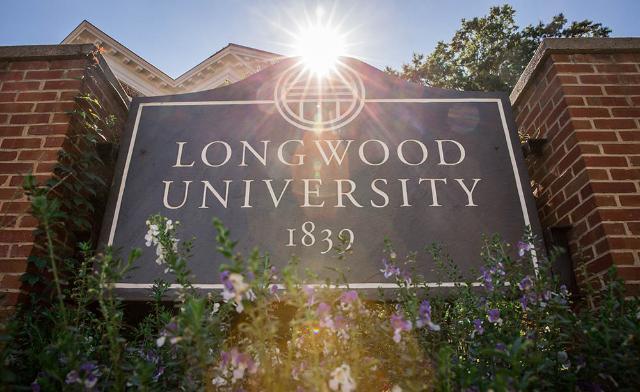A two-year grant of $50,000 will help Longwood Recovers, the university’s collegiate recovery program, reach more students and hire additional help to grow services for students in recovery or considering making a change in that direction.
Only six universities across the state, including Longwood, were awarded the grant funded by the Virginia Department of Behavioral Health and Developmental Services.
Dr. Kevin Doyle, associate professor of counseling and coordinator of the counselor education program at Longwood, began Longwood Recovers in 2013 after helping build a similar program at the University of Virginia.
“One of the challenges for many students who are dealing with addiction issues is that they don’t have a support system in place to help them in their long-term recovery,” said Doyle. “That’s why we conceived and built Longwood Recovers, and six years later we’ve made really important strides and are ready to make the next step to becoming a more effective program.”
Longwood Recovers will also participate in a statewide collaborative network, including
- Twice-yearly site visits to support collegiate recovery efforts
- Monthly recovery support conference calls and individual calls
- Twice-yearly statewide conferences
- Annual statewide student-focused Collegiate Recovery Retreat
The six schools funded by the grant program are Longwood, University of Virginia, Virginia Tech, Washington & Lee, Virginia Union and Mary Washington. Together the individual recovery programs on those campuses will form a consortium to share resources and build effective programming for future students.
“Our students in recovery are going to have access to vast resources through this collaboration that will not only aid their own recovery but really foster a culture of education around these issues that are far too often pushed into the background,” said Doyle.
Participants in Longwood Recovers meet regularly—about once a week—to support each other in informal, nonjudgmental ways. Since its founding, it has grown from a handful of students to a group of about 20 who suffer from a wide range of addictions.
“These are all students who are either interested or in the process of changing their lives,” said Doyle. “It’s a big and important step in their lives, and they are looking for other students who can help support them in that choice.”



Leave a Comment